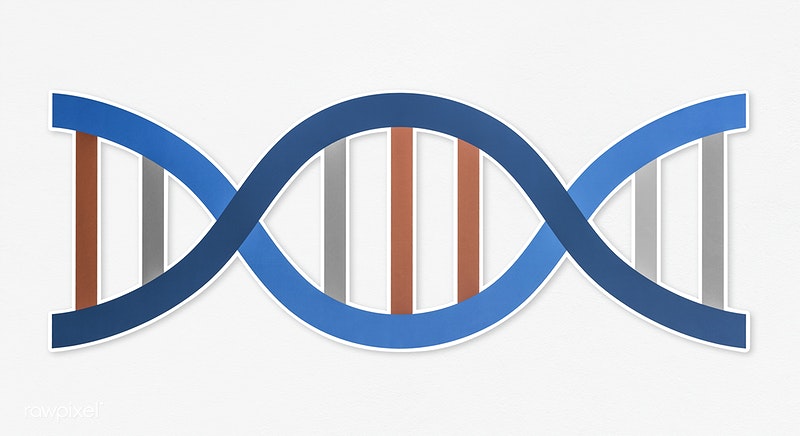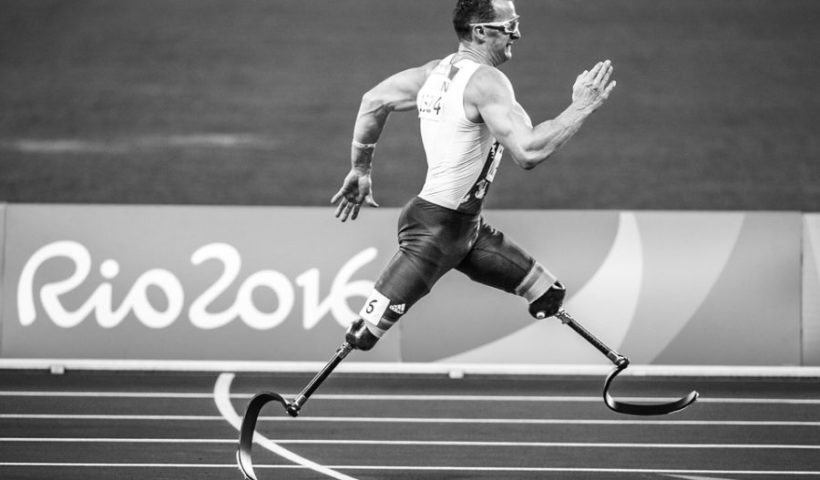Introduction In the last century, average life expectancy in the United States increased by over three decades [1]. This was in large part due to…
View More Exorcising Research Ghosts: The Ethical Issues Associated with Medical GhostwritingTag: Biomedical Engineering
Problems with CRISPR: Unintended Brain Enhancement on China’s Gene-edited Twins
3/1/2019 Profiled article A. Regalado, “China’s CRISPR twins might have had their brains inadvertently enhanced”, Feb. 21, 2019. [Online] MIT Technology Review. Available at: https://www.technologyreview.com/s/612997/the-crispr-twins-had-their-brains-altered/ [Accessed 24…
View More Problems with CRISPR: Unintended Brain Enhancement on China’s Gene-edited TwinsCan AI Replace Doctors? Someone Asked Them
1/25/2019 Profile article M. Scudellari, “AI Won’t Replace Us, Docs Say”, Dec. 20, 2018. [Online] IEEE Spectrum: Technology, Engineering, and Science News. Available at: https://spectrum.ieee.org/the-human-os/biomedical/ethics/ai-wont-replace-us-docs-say [Accessed 24…
View More Can AI Replace Doctors? Someone Asked ThemOpen Source Genomic Data in Cold Cases
10/19/2018 Profiled article E. Waltz, “How Genealogy Websites Make It Easier to Catch Killers”, IEEE Spectrum, Oct. 11, 2018. [Online]. Available: https://spectrum.ieee.org/the-human-os/biomedical/ethics/criminals-getting-easier-to-find-thanks-to-genealogy-websites [Accessed: Oct. 16, 2018]. About the…
View More Open Source Genomic Data in Cold CasesEthics of Transference of Human Intelligence to Non-Biological Substrates
For many of us, the inevitability of our deaths seems certain. We are given limited time to inhabit our biological bodies, and then we are…
View More Ethics of Transference of Human Intelligence to Non-Biological SubstratesThe Frozen-Undead: Ethical Implications of Suspended Animation and Cryonics
With the speed of advancement in research and technology, once unrealistic medical procedures and treatments have now started to become a reality. Suspended animation and cryogenics are some of these futuristically imagined ideas. The idea behind suspended animation involves the process of slowing down an organism’s metabolism to an extremely low rate. This puts the organism in a state called the “frozen-undead.” The goal is to revive them back to a normal, stable condition in the future. This process could potentially provide more time for patients in critical condition who cannot be saved by current medicine. However, there has been growing debate about the research and use of suspended animation and cryonics on human subjects. This paper focuses on the ethical implications of continuing this research and critically examines different viewpoints towards freezing organisms.
View More The Frozen-Undead: Ethical Implications of Suspended Animation and CryonicsThe Ethics of Artificial Organs
Oscar Pistorius made history by becoming the first double amputee to compete in the Olympics, reaching the semifinals for both the 400 meter and the…
View More The Ethics of Artificial Organs






